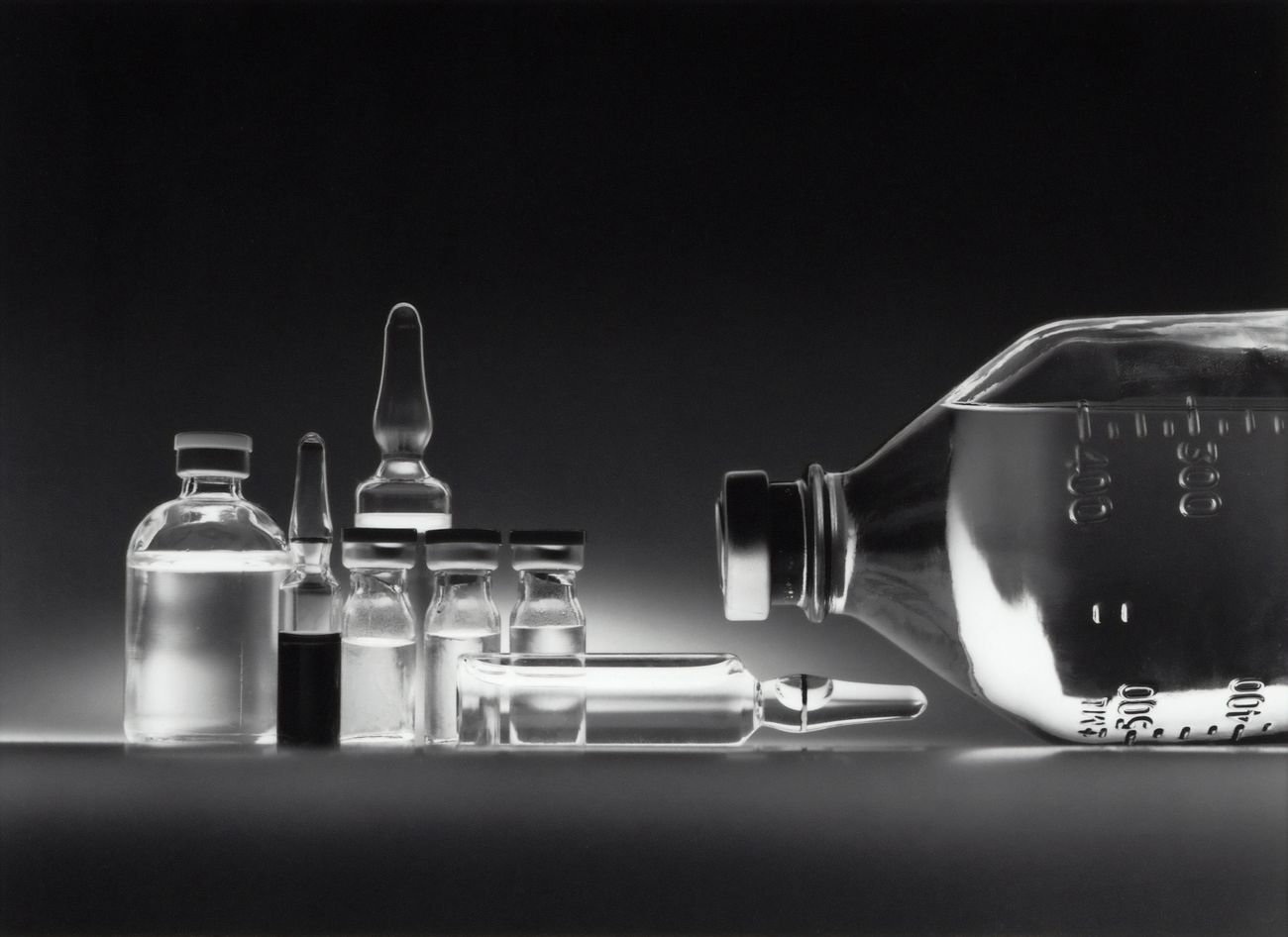Post-pandemic Investments and Insights 2021: Focus on Healthcare


Further to the COVID-19 pandemic outbreak in March 2020, global capital markets have experienced heterogeneous performance among the different sectors. Despite an initial systemic drop due to the unprecedented lockdown measures, few outperforming sectors have been able to quickly recover. The healthcare sector, along with the retail, software & services and media & interactive services industries have reported a sharp recovery, turning positive by October 2020.
This recovery trend has been supported by institutional injections of capital, helping stressed sectors*. Healthcare, in particular, has shown resilience in attracting capital. Public and private investors clearly strongly believe in the centrality of healthcare in the financial and real-world economy frameworks.
The COVID-19 outbreak has undoubtedly moved the investment focus towards healthcare. The higher drug demand and the newly raised medical needs (i.e. ICU ventilators, diagnostic tests, vaccines, therapies, etc.) have contributed to the surge of healthcare stocks in recent times. Other promising sub-segments should be investigated in the future, with a particular focus on the recent global pandemic experience*.
The healthcare stocks segment has recently been backed by several positive factors, including demographics, epidemiology trends and demand**.
* www.blackrock.com/sg/en/insights/healthcare-investment-opportunities-in-pandemic
** www.blackrock.com/institutions/en-us/insights/investment-actions/healthcare-outlook
Global healthcare M&A activity experienced a slowdown in 2020 following a 5-year period of constant growth in deal value activity, peaking at record levels in 2019. This declined by 37% in 2020 at $ 339B, while market volume reduced by 9%, with 2845 deals reported*.
Despite this setback, new growth is projected in M&A activity thanks to emerging trends targeting financial flexibility. Indeed, firms have recently switched their attention to early-stage projects. These are usually characterised by a high-risk development profile, but still allow companies to maintain financial and operational flexibility, which, by contrast, can be more compromised when dealing with high CAPEX-intensive late-stage projects.
With this in mind, Roche Pharmaceutical’s CEO recently stated the intention to stay active in deals and partnerships with a major focus on early-stage projects, concentrating on promising targets and novel enabling technologies. Roche’s greenlight for the late-stage deals will come if they make financial sense.
* www.bain.com/insights/topics/global-healthcare-private-equity-ma-report/
The pandemic slightly hit the global healthcare PE sector, reporting a reduction in total deal value of 17% from 2019 at $ 66B – still a robust figure higher than 2018’s. In the same period, total deal volume rose by 21%, up to 380 deals. These positive numbers support the case for future rebound of private equity activity in this sector in 2021, following the positive trend of the last years. The pandemic has further increased the appetite for PE investments, as investors are more willing to take higher risks on healthy and sustainable vision for returns.
The disruption in the healthcare industry’s supply chain has brought about a lack of critical equipment, medicines, new technologies for telemedicine and at-home care and diagnostics. These needs have created some new major opportunities for PE investments, namely in the alternative sites of care (“at home” healthcare), telemedicine and digitalisation of clinical trials*.
* www.bain.com/insights/topics/global-healthcare-private-equity-ma-report/
La presente publicación ha sido elaborada por Mirabaud. No está destinada a ser distribuida, divulgada, publicada o utilizada en ninguna jurisdicción en la que dicha distribución, divulgación, publicación o uso esté prohibido. No está dirigida a personas o entidades a las que resulte ilegal enviar dicha publicación.
Leer más
Continuar con
Asesoramiento financiero
